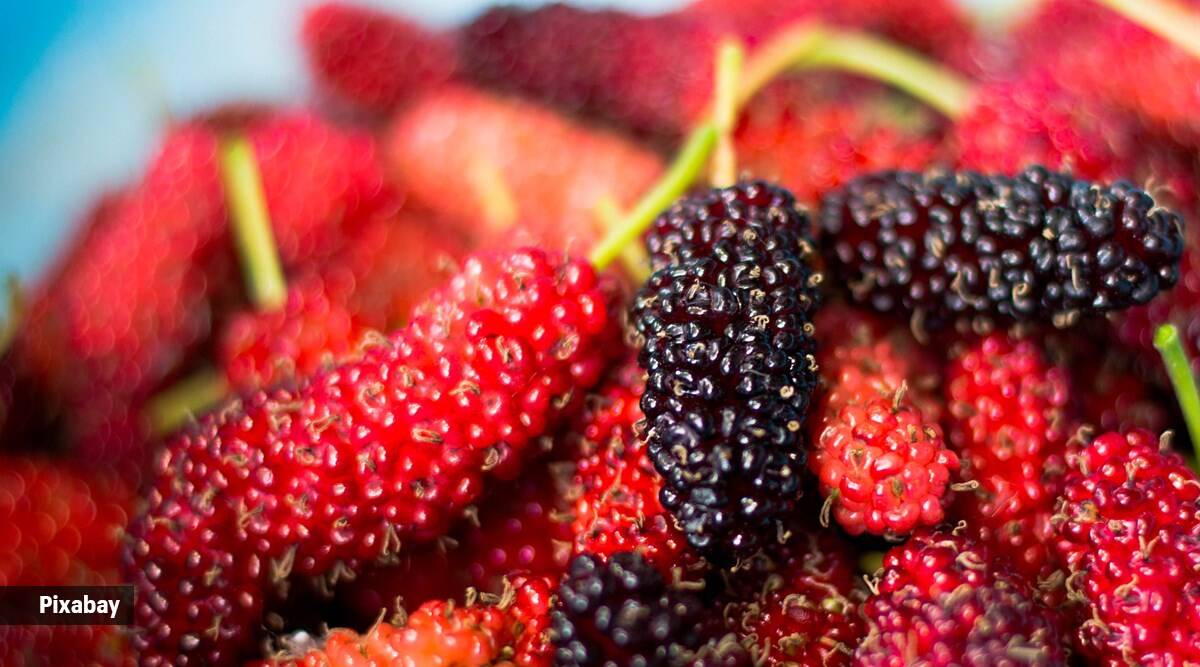
Who doesn’t want to be healthy? In fact, in the past few years there have been a lot of information and silly misinformation about our health. Such as “gluten free food is the key to eternal youth”, “chocolate gives you acne”, and “corn is fattening”. All these claims do sound convincing and they keep bouncing back although without much evidence.
Behind most food and nutrition myths, there is probably a morsel of truth. So let’s separate science from silliness and get to real dietary wisdom that actually might help your health.
1. Honey – the Healthier Sugar Substitute in Cooking
Switching to honey from refined sugar is a common practice for people who seek to improve their health. Certainly honey contains vitamins, minerals, probiotics, enzymes, antioxidants and some amino acids. Now these nutrients are available to us when we consume honey in its raw state. Basically, heat denatures enzymes and as a result a lot of medicinal value of honey is destroyed. Further, science confirms that heating or cooking honey to 118o F / 48o C or above could result in negative chemical changes that can contribute to ill-health. So stop cooking with honey. An alternate for it could be palm sugar or organic maple sugar.
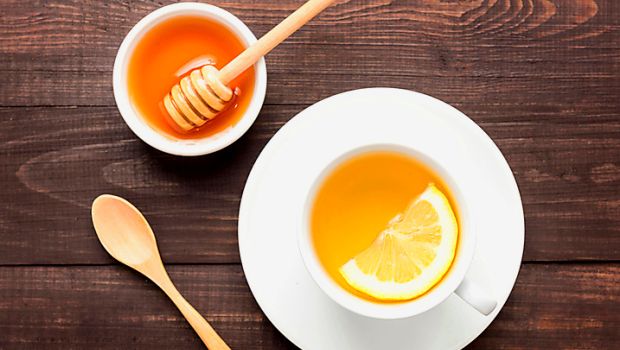
2. Going Fat Free
Fat free, zero calorie, low fat… I am sorry but all crap is called just that. Taking fat out of food makes it taste like cardboard. So, the food companies replace it with refined vegetable oils, sugar, refined carbs and artificial sweeteners. These ingredients tend to make you fatter than fat itself. Also, don’t be tempted by the 100 calories a serving on that health bar. Check the number of serving sizes because often a serving is considerably smaller than the amount you will be actually eating.
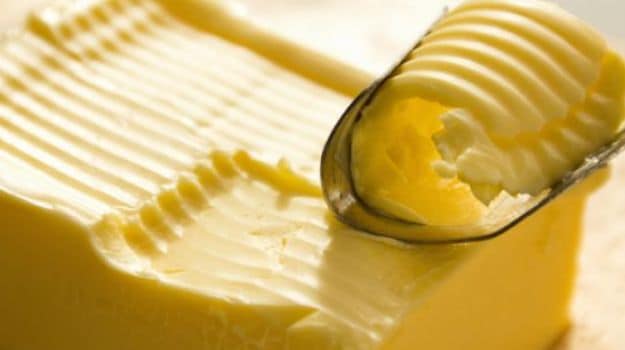
3. Breakfast Cereals Are All Healthy
This is one of the most common blunders that most people make – swapping their wholesome Indian nashta of chillas and methi-stuffed parathas with this modern day junk. Most cereals are loaded with sugar and refined carbs. They are highly processed and produced via extrusion, using high temperature processes to shape the cereal. A big problem is that food manufacturers are expert marketers, making us believe everything they say. Processed food is causing harm to our health, further adding to childhood obesity and other diet related diseases.
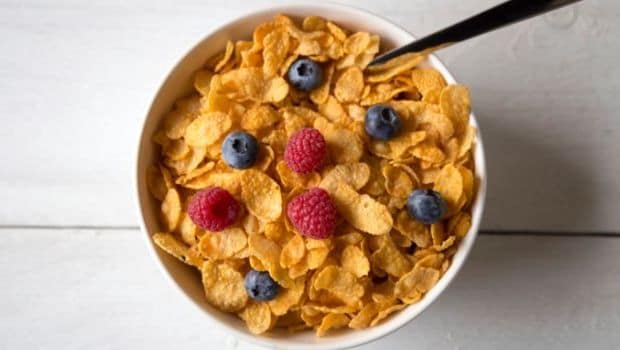
4. Throw Away the Egg Yolks
Health professionals have marked a record in demonising the egg yolk. Almost each day I remind my clients not to throw the yolk. It is rich in Vitamin A, D, E, K, B12 and contains an array of essential nutrients. Thankfully in the past few years, The American Journal of Clinical Nutrition has collected the findings of 21 different studies which state that “Saturated Fat” and “Dietary Cholesterol” are not associated with coronary heart disease and stroke. In fact, the B Vitamins, particularly Riboflavin, present in the yolk has been known to bring down cholesterol levels whereas Lecithin within the egg prevents much of cholesterol from getting absorbed within your digestive tract.
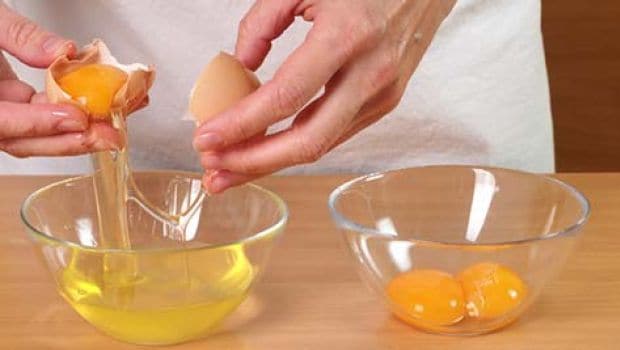
5. Counting Calories is a Must
Counting calories, in my opinion, is seriously outdated and simply does not work. Eating 500 calories of processed junk and 500 calories of plant-based food do not have the same impact on the body. Instead, chose fresh food in its natural state as much as possible. Pay attention and listen to your body, which time and again tells you how much it needs, so no math is required.
![]()
Every day we choose what to purchase and what to eat. Our attitude towards what’s healthy comes from questionable sources with conflicting agendas. So be watchful and do your own research. What’s natural and seasonal will always be good for health than processed products. It would actually be wonderful to see advertisements for natural foods instead of being bombarded with those on fizzy drinks, packaged snacks and cereals.
[“source-ndtv”]










